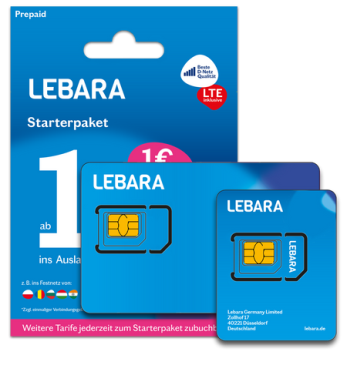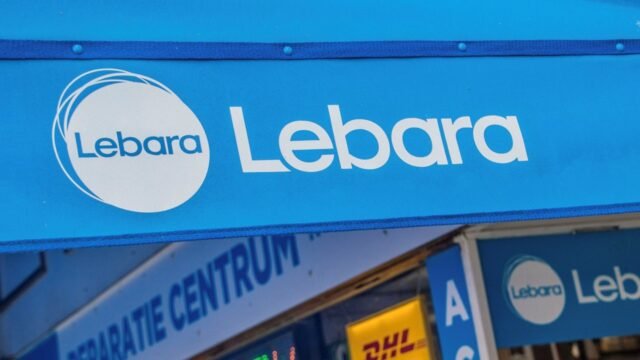Lebara Nigeria has officially stepped into Nigeria’s bustling telecom market with the introduction of its unique 0724 number series—a bold move that promises fresh competition and a more transparent user experience. Leveraging its status as a Tier 5 Mobile Virtual Network Operator (MVNO), the company is positioning itself not just as another telecom player but as a catalyst for change, offering innovative packages built on fairness and clarity.
From day one, Lebara Nigeria has been ready to compete with industry giants like MTN, Airtel, Globacom, and 9mobile, having secured full interconnectivity with all of them. This critical footprint ensures that its voice and data services are accessible and of high quality nationwide.
Akin Adesokan, Lebara’s Chief Operating Officer, highlights the company’s strategic intent: “Our readiness with the 0724 series and full interconnect setup underscores our unwavering commitment to seamless integration, customer freedom, and market inclusivity.” Indeed, the company has taken considerable steps to ensure regulatory compliance and operational strength, leveraging its global expertise as an MVNO and its freshly minted licence under the NCC’s highest tier.
What truly differentiates Lebara’s offering is its unconventional pricing model. Eschewing traditional prepaid airtime, it sells voice bundles and data packages that align with real usage, not ambiguous credit deductions. “You buy minutes, not airtime. If your call ends in 30 seconds, you still have 99 minutes and 30 seconds left. That’s the kind of clarity and control we are bringing to Nigerian telecoms,” explains Samuel Alabi, Head of Corporate Communications. This clarity responds to a long-standing frustration among Nigerians, where ₦100 airtime often disappears quickly and opaquely. Lebara’s minutes-based system offers predictability and transparency—a refreshing contrast in a market hungry for accountability.
Lebara’s entrance is more than a marketing exercise; it’s a strategic diversification of Nigeria’s mobile ecosystem. With over 220 million active mobile lines, Nigeria is Africa’s biggest telecom consumer. The NCC’s move to licence 41 MVNOs, including Lebara, illustrates a policy shift aimed at introducing more competition and improving service quality. Technically agile and digitally native, Lebara leverages existing network infrastructure, augmented by automated systems—a lean operation compared to the capital-intensive MNO model.
TechCabal notes that Lebara’s venture into voice bundle offerings addresses the market’s dominant concern: affordability and transparency. Such bundles deliver upfront visibility into call costs, eliminating hidden fees and delivering measurable savings, especially for high-frequency callers. On the corporate front, lean operations translate to lower pricing possibilities—a model akin to fintech disruption in Nigerian finance.
Lebara’s roadmap is clear: launch SIM and eSIM options in Lagos and the Southwest, followed by expansions into Abuja, Port Harcourt, and wider regions within six months. The MVNO is also tapping into digital innovation, developing public Wi-Fi hubs in partnership with local governments and cultural institutions to widen data access and reinforce its brand as a connectivity enabler.
However, success hinges on more than just strategy. Nigeria’s telecom landscape remains challenging—dominant MNOs, spotty infrastructure, and consumer distrust form significant barriers. Still, MVNOs stand to benefit from regulatory backing that facilitates infrastructure lease and collaboration. Governmental policy and ongoing NCC support will be pivotal in enabling sustainable competition.

As Lebara Nigeria prepares for its Q3 2025 launch, the question isn’t whether it can compete—it’s whether it can redefine the telecom experience. Can its minutes-based model survive in a market conditioned to traditional airtime bundles? Will its lean digital strategy successfully translate to mass adoption? Initial public sentiment suggests optimism, with many Nigerians expressing readiness for a telecom that values clarity and affordability.
Lebara Nigeria’s entry with the 0724 series and transparent bundling model is more than a new phone number—it’s a challenge to the status quo. With strategic execution and continued regulatory support, this could mark the beginning of a new chapter: one where Nigerians no longer need to ask, “Can you hear me now?” but instead say, “Yes—and I know exactly what it cost.”


































